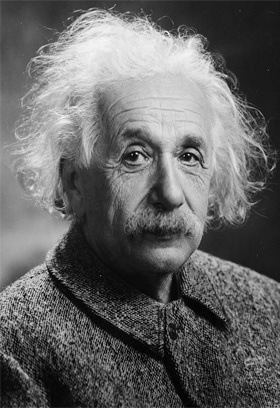Introduction
Throughout history, brilliant minds have pushed the boundaries of knowledge, leading to scientific breakthroughs that have fundamentally altered the way we live, interact with the world, and understand ourselves. These discoveries have driven progress, spurred innovation, and unlocked solutions to some of humanity’s most complex challenges. Let’s delve into 15 of these world-changing scientific breakthroughs.
Top 15 Breakthroughs in Science That Changed the World
- The Theory of Evolution by Natural Selection
- The Discovery of Penicillin
- The Structure of DNA
- The Development of the Periodic Table
- The Theory of Relativity
- The Invention of the Computer
- The Development of Vaccines
- The Human Genome Project
- The Invention of the Internet
- Renewable Energy Technologies
- The Discovery of Exoplanets
- CRISPR Gene Editing
- Artificial Intelligence
- The Detection of Gravitational Waves
- Quantum Computing
1. The Theory of Evolution by Natural Selection
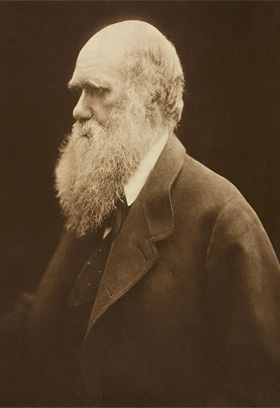
- Charles Darwin’s Theory: Introduced in his book “On the Origin of Species,” Darwin proposed that all species evolve over time through a process called natural selection. Organisms with beneficial traits are more likely to survive and reproduce, passing these advantages on to their offspring.
- Impact on Today: Evolution is the cornerstone of modern biology. It helps us understand the vast diversity of life, develop effective medicines and treatments tailored to fight diseases as they evolve, and create sustainable agricultural practices.
- Impact on the Future: Evolution will continue to shape our world. Understanding evolution can help us address challenges like antibiotic resistance, develop new crops to withstand climate change, and potentially even find evidence of life beyond Earth.
2. The Discovery of Penicillin

- Alexander Fleming’s Discovery: In 1928, Fleming noticed a mold (Penicillium) had accidentally contaminated a bacterial culture, inhibiting its growth. This led to the isolation of penicillin, the first true antibiotic.
- Impact on Today: Penicillin revolutionized medicine, saving countless lives from previously deadly bacterial infections. It paved the way for the development of other antibiotics, greatly improving healthcare and life expectancy worldwide.
- Impact on the Future: Antibiotics are under threat due to bacterial resistance. Research inspired by penicillin’s discovery is critical for developing new antibiotics, alternative treatments, and strategies to combat the rise of superbugs.
You Can Read Complete Details about Penicillin
3. The Structure of DNA
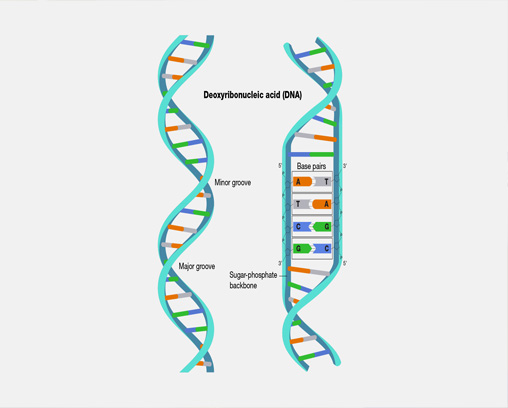
- Unraveling the Code: James Watson, Francis Crick, Rosalind Franklin, and Maurice Wilkins determined that DNA has a double helix structure—like a twisted ladder. This structure explained how genetic information is stored and passed down through generations.
- Impact on Today: The DNA discovery is the foundation of modern genetics. It’s used in disease diagnosis and treatment, personalized medicine, forensic analysis, identifying evolutionary relationships, and agricultural advancements.
- Impact on the Future: We may engineer cures for genetic diseases, design highly targeted drugs, understand the complex interplay of genes and environment, and potentially even delve into the history of life itself through ancient DNA.
Read More: 15 Astonishing Facts About the Human Body That Will Change Your Perspective
4. The Development of the Periodic Table
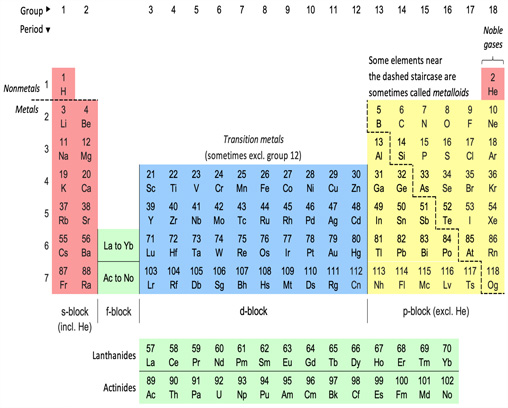
- Mendeleev’s Organization: Dmitri Mendeleev arranged the known chemical elements into a table, ordered by their atomic weight and properties. His insight was in leaving gaps for yet-undiscovered elements, demonstrating a pattern in the properties of matter.
- Impact on Today: The periodic table allows chemists to understand how elements behave, predict their interactions, and design new materials with specific properties. It’s essential in fields like material science, engineering, and drug development.
- Impact on the Future: Our continued understanding of the periodic table may lead to the creation of ‘designer materials’ with incredible characteristics—perhaps super-strong yet lightweight substances or elements that revolutionize energy storage.
5. The Theory of Relativity
- Einstein’s Revolution: Albert Einstein’s theories of special and general relativity forever changed our understanding of space, time, gravity, and motion. Special relativity showed that the speed of light is constant and that time and space are interwoven. General relativity explained gravity as a curvature of spacetime.
- Impact on Today: Relativity is crucial for GPS accuracy, understanding the behavior of black holes and other astronomical phenomena, and designing particle accelerators. Its concepts also underpin technologies such as nuclear power.
- Impact on the Future: Further exploration of relativity might lead to a unified theory of physics. Perhaps one day it will enable technologies like faster-than-light travel or time manipulation, although those are still very much in the realm of speculation.
6. The Invention of the Computer

- From Calculators to Supercomputers: The evolution of computers from mechanical devices like Charles Babbage’s analytical engine to modern electronic computers and supercomputers has forever changed the world.
- Impact on Today: Computers are everywhere. They automate tasks, process vast amounts of information, connect people globally, power scientific research, and allow for incredible creative expression in art, music, and design.
- Impact on the Future: Computers will likely become even more powerful with artificial intelligence and quantum computing. This could revolutionize fields like medicine, materials science, and may even lead to a technological singularity with unforeseen impacts.
Read More: Top 15 Surprising Ways Social Media Impacts the Economy
7. The Development of Vaccines
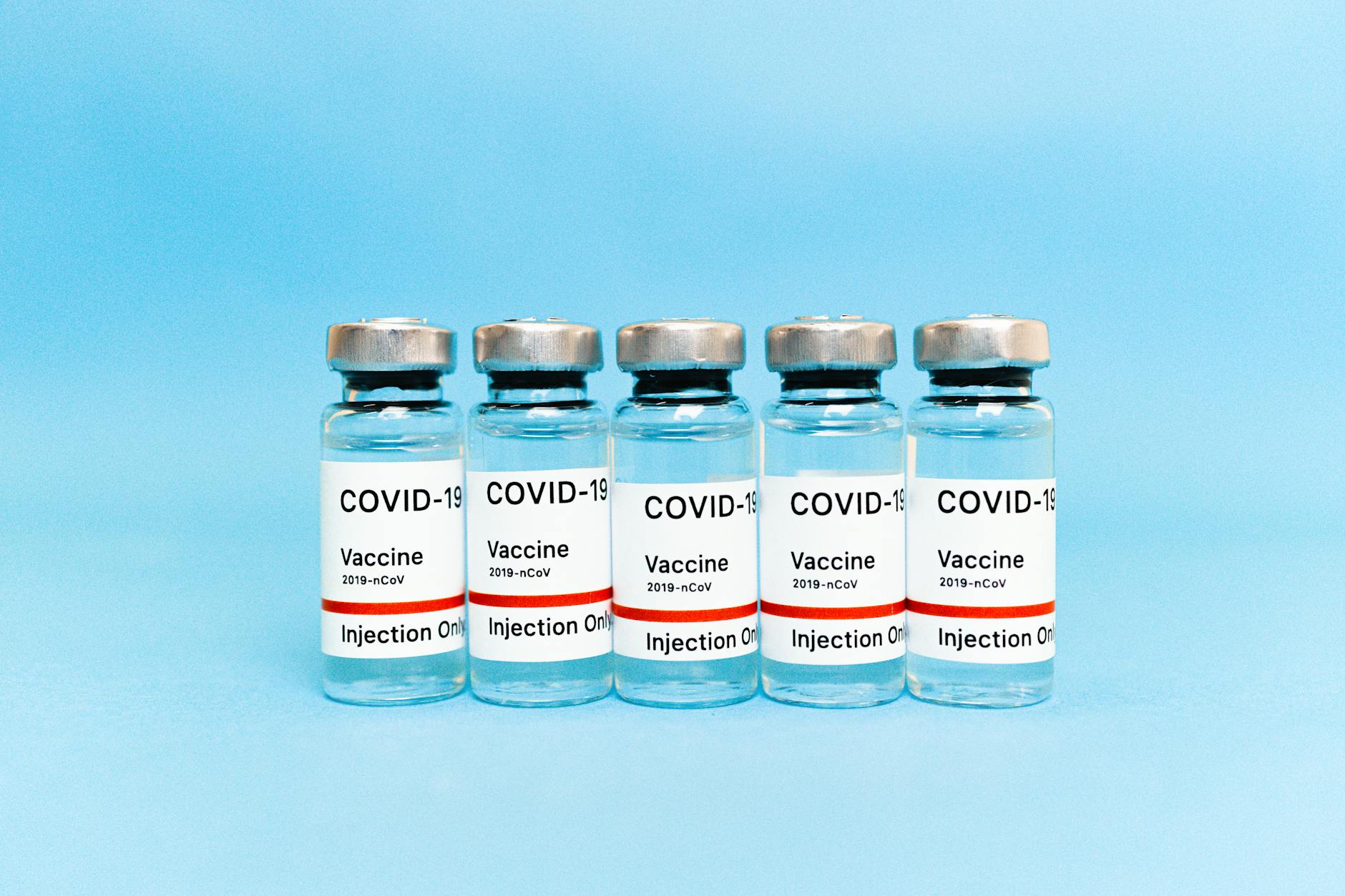
- Harnessing Immunity: Edward Jenner’s smallpox vaccine was the first, but the principle of immunization has been extended to protect against numerous infectious diseases. Vaccines present weakened or inactive versions of a pathogen, training the immune system to fight the real infection.
- Impact on Today: Vaccines save millions of lives annually, preventing diseases like measles, polio, tetanus, and others. They are key to global public health and are particularly vital in protecting children from deadly diseases.
- Impact on the Future: Continued vaccine research could defeat currently incurable diseases like HIV/AIDS or malaria. New vaccine technologies, like mRNA vaccines (used for some COVID-19 vaccines), hold the promise of faster development and broader application.
8. The Human Genome Project
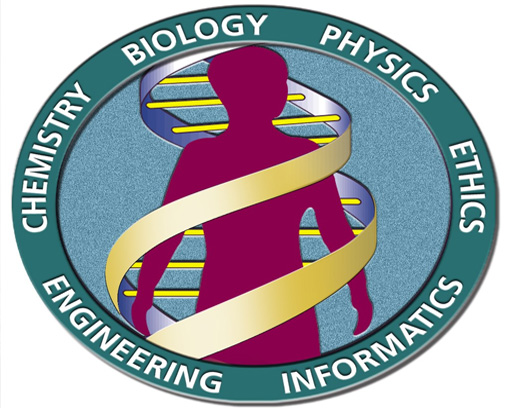
- Mapping Our Genes: The Human Genome Project (HGP) was a massive international effort to sequence the complete human DNA code. This provided a blueprint for identifying and understanding the genes that influence health and disease.
- Impact on Today: The HGP fuels advancements in personalized medicine, enabling targeted treatments based on a person’s genetic makeup. It helps us find genes related to diseases, and even allows us to trace ancestral origins through our DNA.
- Impact on the Future: The HGP’s impact will only grow. It may lead to gene therapies that precisely correct diseases, a clearer understanding of how our genes interact with the environment, and even raise ethical questions about genetic modification.
9. The Invention of the Internet

- Global Connection: The Internet evolved from early computer networks (like ARPANET) to a vast web of interconnected devices and information. It reshaped communication, commerce, and access to knowledge on a worldwide scale.
- Impact on Today: The internet touches almost every aspect of our lives. We find information, connect with friends and family across distances, shop online, learn, and access countless entertainment options.
- Impact on the Future: The internet will continue to connect more people and devices (Internet of Things). It has the potential to further democratize information, create new business models, but also brings challenges like cybersecurity and the spread of misinformation.
Read More: Top 15 Financial Innovations that Changed the World | History & Impact
10. Renewable Energy Technologies

- Powering the Future: Developments in solar power, wind power, hydropower, geothermal energy, and biofuels provide alternatives to fossil fuels. These renewable sources reduce greenhouse gas emissions and offer greater energy independence.
- Impact on Today: Renewable energy is a rapidly growing sector. It reduces our reliance on polluting fuels, creates jobs, and makes energy accessible to remote areas. Continued cost reductions make renewables increasingly competitive with traditional power sources.
- Impact on the Future: As technology improves, renewables could become the primary energy sources of the future, crucial for combatting climate change and creating a sustainable future. Advancements in energy storage are key to this transition.
11. The Discovery of Exoplanets
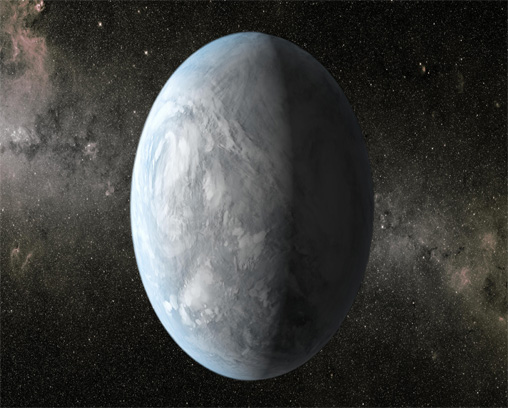
- Worlds Beyond Our Own: The first confirmed exoplanet (a planet outside our solar system) was discovered in 1992. Since then, thousands more have been found, including some that could potentially harbor life.
- Impact on Today: Exoplanet discovery has expanded our perspective on the universe. We now know that planets are incredibly common, with diverse systems that differ vastly from our own.
- Impact on the Future: Finding Earth-like exoplanets is the key to answering whether we are alone in the universe. Improving telescopes and detection methods may one day reveal signs of life on these distant worlds.
Read More: Top 15 Mind-Blowing Space Facts That Will Change Your Universe
12. CRISPR Gene Editing
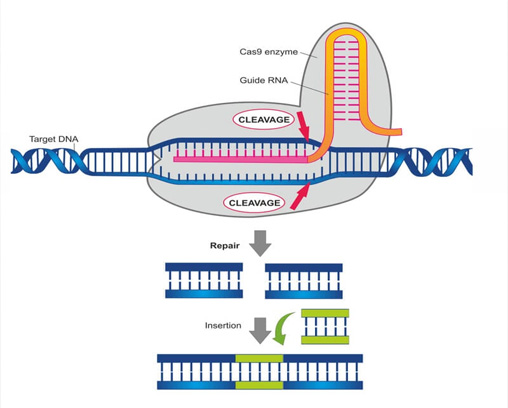
- Editing the Code of Life: CRISPR-Cas9 technology allows precise editing of DNA sequences, opening up revolutionary possibilities for treating and preventing genetic diseases.
- Impact on Today: CRISPR is still relatively new but has vast potential in medicine. Researchers are exploring its use in treating cancer, blood disorders, inherited blindness, and combating diseases like HIV. It also has uses in agriculture for creating more resilient crops.
- Impact on the Future: CRISPR could lead to designer babies and the potential alteration of human evolution – sparking significant ethical debates. However, it holds immense promise for a future where many genetic diseases could be eliminated.
13. Artificial Intelligence

- Intelligent Machines: Artificial intelligence (AI) involves creating machines that can learn, reason, and act intelligently. Advances in machine learning, particularly deep learning, power AI applications like image recognition, self-driving cars, and even creative tasks like writing or painting.
- Impact on Today: AI is automating processes, improving decision-making, and creating new products and services across industries. It’s used in medical diagnostics, financial trading, and customer service.
- Impact on the Future: AI’s potential is vast but also comes with concerns. It could reshape the job market, exacerbate biases, even develop in ways we don’t fully understand. Safe and responsible AI development is crucial for the future.
14. The Detection of Gravitational Waves
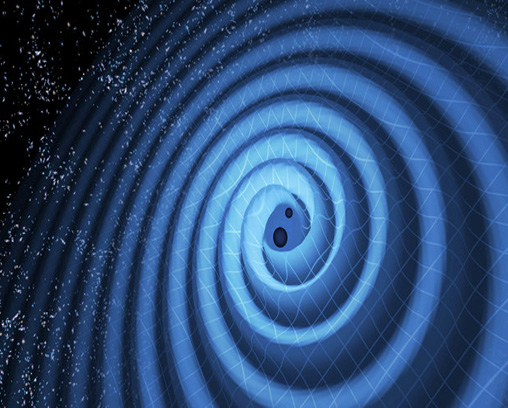
- Ripples in Spacetime: Predicted by Einstein’s general relativity, gravitational waves were directly detected for the first time in 2015. These waves are caused by massive cosmic events like black holes colliding, opening a new window for observing the universe.
- Impact on Today: Detection of gravitational waves confirms a key prediction of relativity and provides a new way to study black holes, neutron stars, and the early universe.
- Impact on the Future: More sensitive detectors could reveal the universe’s earliest moments after the Big Bang and revolutionize our understanding of these extreme cosmic phenomena.
15. Quantum Computing

- The Next Computing Revolution?: Quantum computers leverage the principles of quantum mechanics to perform calculations impossible for classical computers. They use quantum bits (qubits) that can exist in multiple states simultaneously.
- Impact on Today: Quantum computing is still in its infancy but has the potential to break current encryption, simulate molecules for drug discovery, and solve complex optimization problems across various fields.
- Impact on the Future: If fully developed, quantum computers could revolutionize materials science, artificial intelligence, and fundamentally change our understanding of computation itself.
Read More: Discover 15 Amazing Facts About the Amazon Rainforest
Conclusion:
These 15 scientific breakthroughs are just a glimpse of the incredible progress of human knowledge. Science continually reveals new secrets of the universe, and each discovery paves the way for future innovations that will shape our world in unexpected ways.
15 FAQs ( Frequently Asked Questions):
-
What is the greatest scientific breakthrough of all time?
There’s no single “greatest” as numerous breakthroughs have been transformative. Some of the most commonly cited include:
The Theory of Evolution by Natural Selection: Explains the diversity of life and drives modern biology.
Discovery of Penicillin and Antibiotics: Revolutionized medicine and saved countless lives.
The Structure of DNA: The basis of genetics and personalized medicine potential.
The Theory of Relativity: Changed our conception of space, time, and gravity.
The Invention of the Computer: Fundamentally impacted every aspect of modern society. -
What are some recent scientific breakthroughs?
Science is ever-evolving. Some notable recent breakthroughs include:
Rapid development of mRNA vaccines: Proven with COVID-19, holds promise for other diseases.
Advancements in CRISPR gene-editing: Precisely alters DNA, with vast medical potential.
Artificial intelligence achievements: Image recognition, language generation, beating humans at complex games.
Direct detection of gravitational waves: Opening a new window on the universe.
Discoveries of numerous exoplanets: Expanding our view of potential worlds in the galaxy. -
How does scientific research benefit society?
Scientific advances are the backbone of progress in countless ways:
Improving healthcare: New medicines, treatments, and prevention of disease.
Addressing environmental challenges: Developing renewable energy, understanding climate change.
Driving technological innovation: New materials, communication methods, computing power.
Enriching our understanding: Explaining the world around us, from the minuscule to the cosmic.
Fueling economic growth: Creating new industries and highly skilled jobs. -
What new scientific discoveries are expected in the next 10 years?
It’s impossible to predict exactly, but areas ripe for breakthroughs include:
Artificial intelligence: Approaching (or exceeding) human-level intelligence in some areas.
Gene therapies: Curing previously untreatable genetic diseases.
Quantum computing: Revolutionizing computation speeds for certain problems.
Materials science: New “designer materials” with incredible properties.
Brain-computer interfaces: Restoring function to those with paralysis or neurological conditions. -
Which scientific breakthroughs have had the biggest impact on your life?
This is personal! Consider:
The internet: How you connect, learn, and find information.
Modern medicine: Vaccines, antibiotics, or specific treatments you or loved ones rely on.
Smartphones and computers: Your daily communication and work tools.
Understanding of global issues: Climate science informs your choices
Genetic discoveries: Perhaps your own ancestry or health tests have revealed relevant information. -
What are some of the biggest unsolved problems in science?
Despite incredible progress, mysteries remain:
The nature of dark matter and dark energy: These make up most of the universe, yet their properties are unknown.
The origin of life: How did non-living matter first form self-replicating organisms?
The workings of consciousness: How does the brain give rise to our subjective experience of the world?
Unifying physics: Can we find a theory that reconciles general relativity (the very large) with quantum mechanics (the very small)?
The limits of artificial intelligence: Will AI surpass human intelligence, and what would be the implications? -
How can I learn more about scientific breakthroughs?
Here are great resources:
Science News Websites: ScienceDaily (https://www.sciencedaily.com/), Science News (https://www.sciencenews.org/), Scientific American (https://www.scientificamerican.com/)
Popular Science Magazines: National Geographic, Discover Magazine, New Scientist
Documentaries and Science Channels: PBS NOVA, science-focused YouTube channels (Vsauce, Veritasium, Kurzgesagt)
Science Museums and Centers: May have exhibits and talks on cutting-edge research -
Are there any ethical concerns with certain scientific breakthroughs?
Definitely. Advancement brings ethical dilemmas:
Gene editing: Changing the DNA of future generations raises questions about designer babies and altering human evolution.
Artificial intelligence: Potential for job displacement, autonomous weapons, and biases in decision-making.
Geoengineering: Large-scale interventions to combat climate change could have unintended consequences.
Neuroscience: Brain implants and modification blur lines between therapy and human enhancement.
Data privacy: Scientific research using personal data raises concerns of surveillance and misuse. -
How do scientists come up with ideas for new discoveries?
It’s a mix of factors:
Curiosity and questioning: Scientists wonder about how the world works and try to find answers.
Building on existing knowledge: New discoveries often stem from previous research, sparking new questions.
Identifying problems and needs: Research seeks solutions to challenges in health, technology, and our environment.
Serendipity: Sometimes unexpected results in the lab lead to completely new avenues of investigation.
Collaboration: Sharing ideas between different fields can lead to breakthroughs. -
Can I be a part of scientific discovery even if I am not a scientist?
Yes! Here’s how:
Citizen science projects: Contribute to data collection and analysis for real-world research projects (check out Zooniverse https://www.zooniverse.org/)
Support scientific organizations: Donate to research institutions or non-profits that fund science.
Stay informed: Read about science, advocate for science-based policy.
Promote science education: Encourage curiosity and critical thinking in children and your community. -
How is scientific research funded?
Science funding comes from various sources:
Government agencies: National Institutes of Health (NIH), National Science Foundation (NSF), Department of Energy, etc., provide grants for research in universities and labs.
Universities and research institutions: Invest their own funds in research facilities, faculty, and projects.
Private foundations: Bill and Melinda Gates Foundation, Howard Hughes Medical Institute, and others fund specific research areas or initiatives.
Industry: Companies fund research relevant to their products, like pharmaceutical or tech companies.
Crowdfunding: Increasingly, some projects use platforms like Kickstarter to directly appeal for smaller public donations. -
How does a scientific theory become accepted?
It’s a rigorous process:
Hypothesis: A scientist proposes an explanation for a phenomenon, often based on existing knowledge or observation.
Experimentation and data collection: The hypothesis is tested with designed experiments, aiming to collect unbiased data.
Peer review: Before publication in a reputable scientific journal, other experts in the field review the research methods, data analysis, and conclusions.
Replication: Other scientists attempt to repeat the experiments to verify the results.
Continuous scrutiny and refinement: A well-supported theory withstands multiple rounds of testing and questioning, becoming widely accepted within the scientific community. -
What is the difference between science and pseudoscience?
ere’s how to tell them apart:
Science: Relies on the scientific method (observation, hypothesis, testing, peer-review). It’s open to revision if new evidence contradicts previously held beliefs.
Pseudoscience: Makes claims that appear scientific but lack evidence or disregard scientific methods – often relies on anecdotes or beliefs. It might resist testing or counter-evidence. -
Why is science communication important?
Sharing science with the public is crucial because:
Informed decision-making: Understanding science helps people make choices about health, technology, and environmental policy.
Combating misinformation: Clear science communication helps counter false claims or misleading information.
Funding support: Public understanding of scientific value promotes support for research.
Inspiring the next generation: Engaging science communication can spark interest in STEM careers. -
How can I find reliable sources of scientific information?
Look for:
Reputable websites: Government science agencies (.gov), established universities (.edu), credible science publications.
Peer-reviewed journals: Articles passing expert review (PubMed is a good search tool)
Science communicators with relevant expertise: Scientists or writers specializing in explaining science accurately.
Fact-checking sites: Resources dedicated to debunking misinformation.

